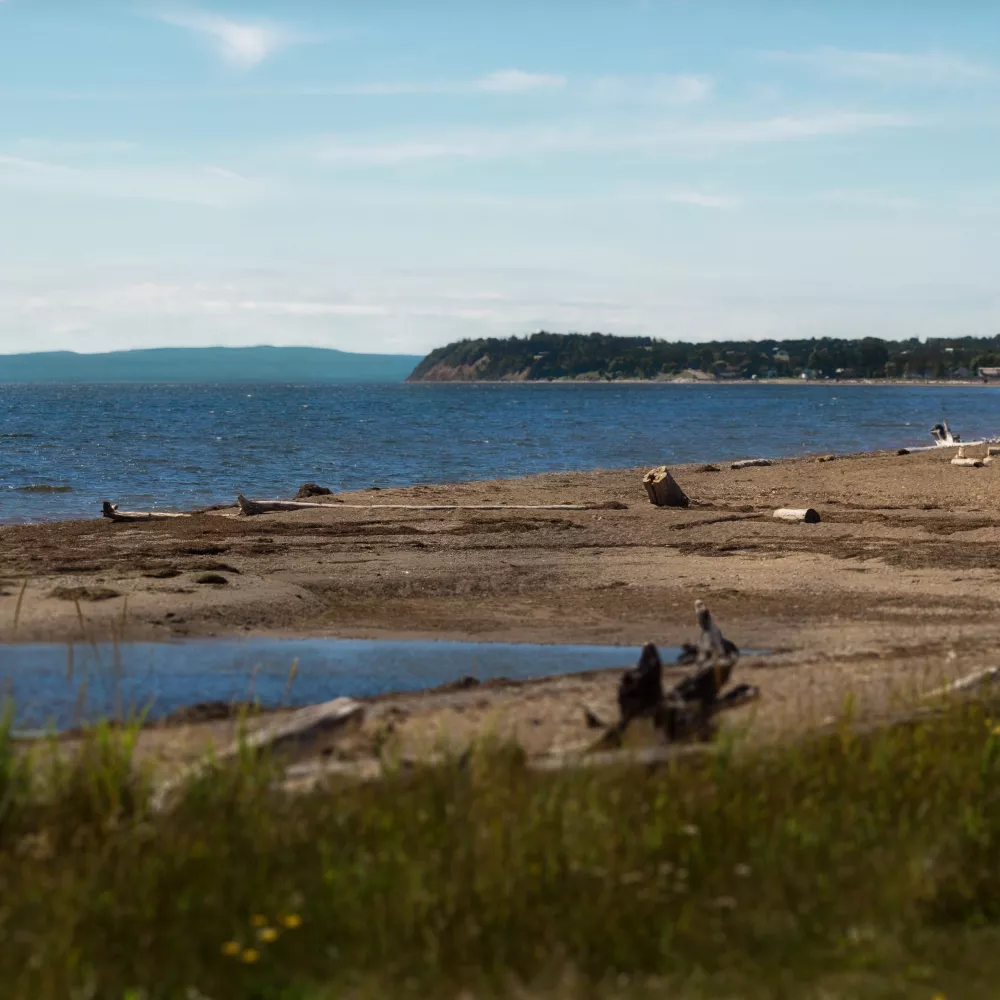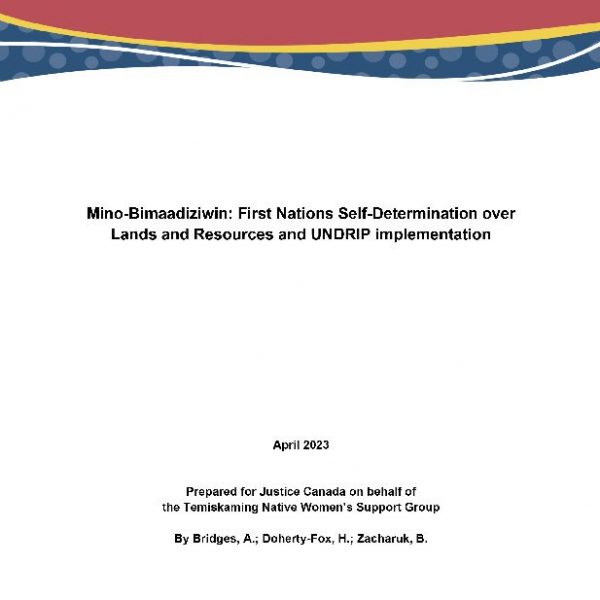UNDRIP Act (UNDRIPA) Project
Our outreach aims to gather input into land use practices, economic participation opportunities and long-term goals for communities and traditional territories. Discussions would cover a range of topics centered around community needs, self-governance models and aspirations to preserve TEK and cultural practices while also participating in economic opportunities in an inclusive way.

What is UNDRIPA?
Historically, the District of Timiskaming has been a region where Indigenous communities have relied on resource development projects for economic stability. Although Indigenous communities are involved in the development of these projects typically through employment, it can easily become an exploitative process as mining relies on the dispossession of Indigenous land for the extraction of natural resources. Our local economy is prone to radical shifts as mining projects come and go, which negatively impacts Indigenous Peoples’ abilities to obtain long-term socio-economic stability. Additionally, environmental impact assessments have historically not considered the health, social, or cultural impacts of mining developments. This has created a myriad of issues for the region and has disproportionately impacted the health and well-being of Indigenous women and their families.
Indigenous people in our region place high value on land-based activities such as hunting, fishing, trapping, camping, outdoors recreation and cultural ceremonies. Economic opportunities are significantly less diverse than more populated regions in southern parts of the province and large-scale industrial projects tend to be one of the principal ways to achieve gainful employment for many community members. These activities have long term impacts on the lands and resources available for First Nations and have far reaching implications on the futures of locals who will remain in occupancy of the land once development projects are eventually abandoned. Indigenous people have the unique opportunity to participate in consultation proceedings in project planning and give input into proponent activities and traditional land use. However, the capacity to contribute to these technical dialogues is an emerging field that is not well known or explored in many respects at the community level. Communities are now navigating complex legislative processes and thinking about fundamental principles they wish to apply in their respective regions when it comes to land use, development, and economic opportunities.
Want to get involved?
We are holding a series of engagement sessions in the coming year to create spaces for generative discussion about the long-term priorities for land use in our region.
For more information about this project please contact:
Alexandra Bridges
a.bridges@keepersofthecircle.com
